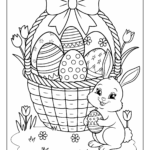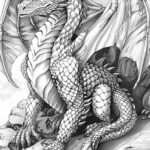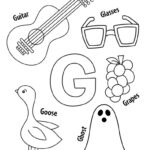Are you looking for some fun and creative activities for your kids? Why not try printing out some coloring pages! It’s a simple and affordable way to keep little ones entertained while encouraging their creativity. Plus, it’s a great way to bond with your child over a shared activity.
There are so many options out there, but if your little one loves princesses, why not print out some pictures of princess coloring pages? It’s a classic choice that never fails to delight little ones. They can color in their favorite princesses and create their own magical worlds.
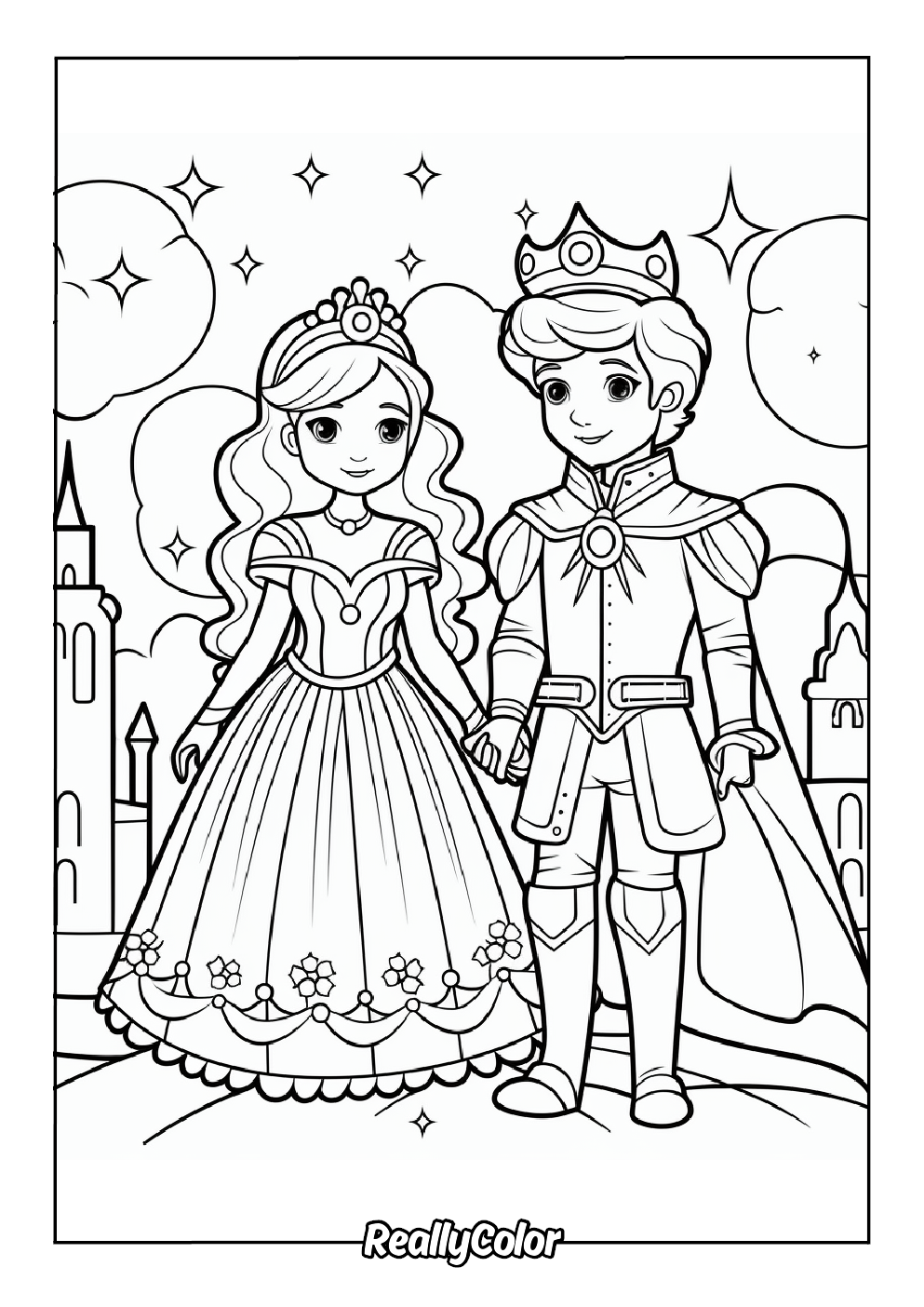
pictures of princess coloring pages
Pictures of Princess Coloring Pages
If you’re looking for some inspiration, why not try printing out a variety of princess coloring pages and creating a princess-themed coloring book? You can include different princesses from various fairy tales and let your little one’s imagination run wild as they color in each one.
Another fun idea is to host a princess-themed coloring party with your child and their friends. Print out several princess coloring pages, set up a coloring station with crayons and markers, and let the kids get creative. It’s a simple and affordable way to entertain a group of children.
Don’t forget to display your child’s finished coloring pages proudly! You can hang them up around the house, create a mini gallery on the fridge, or even frame their masterpieces. It’s a great way to boost their confidence and show them that their creativity is valued.
So, why not give printable princess coloring pages a try? It’s a fun and easy way to keep your kids entertained while encouraging their creativity. Plus, it’s a great way to bond with your child over a shared activity. Happy coloring!
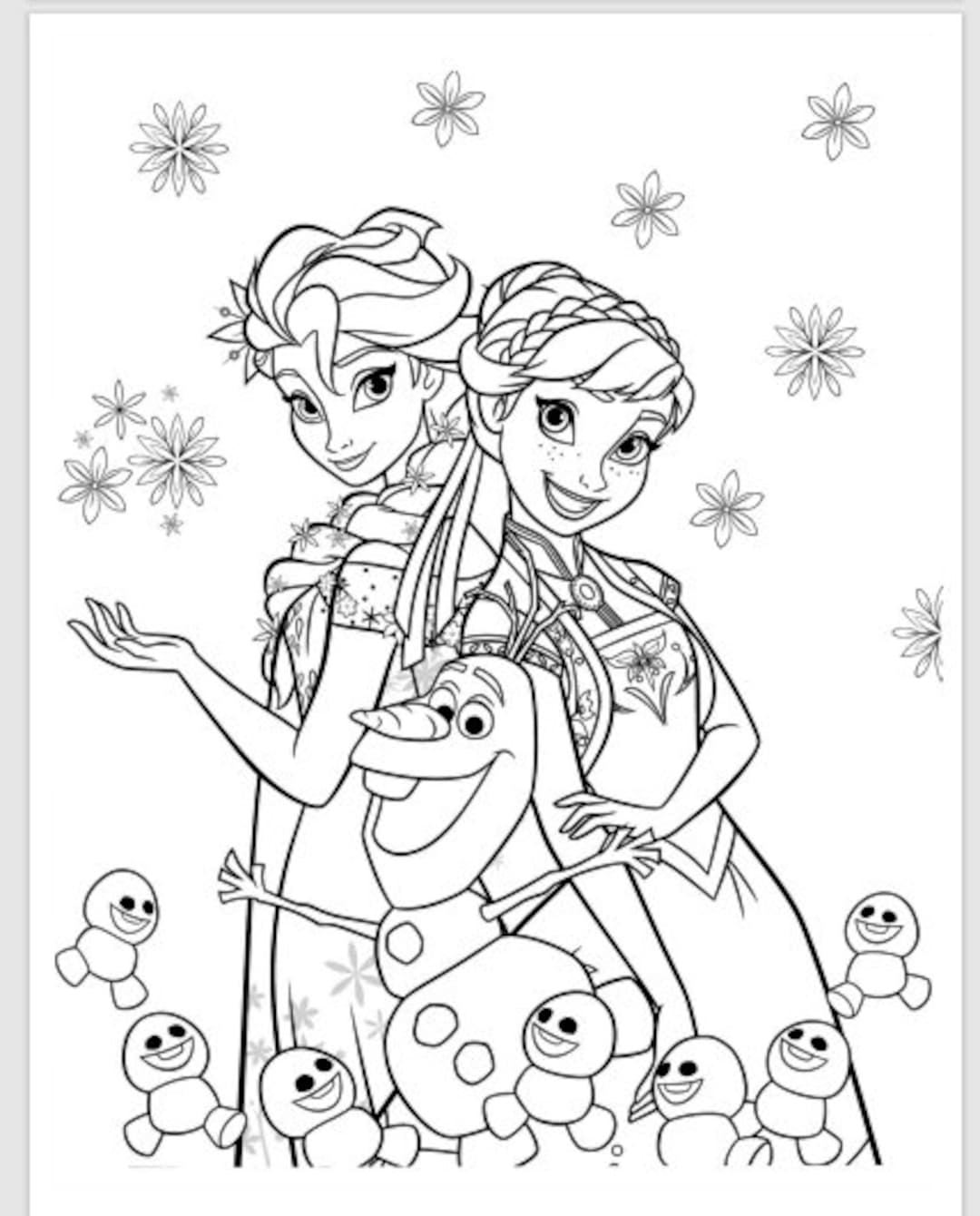
Printable Princess Coloring Pages 70 Pages Etsy
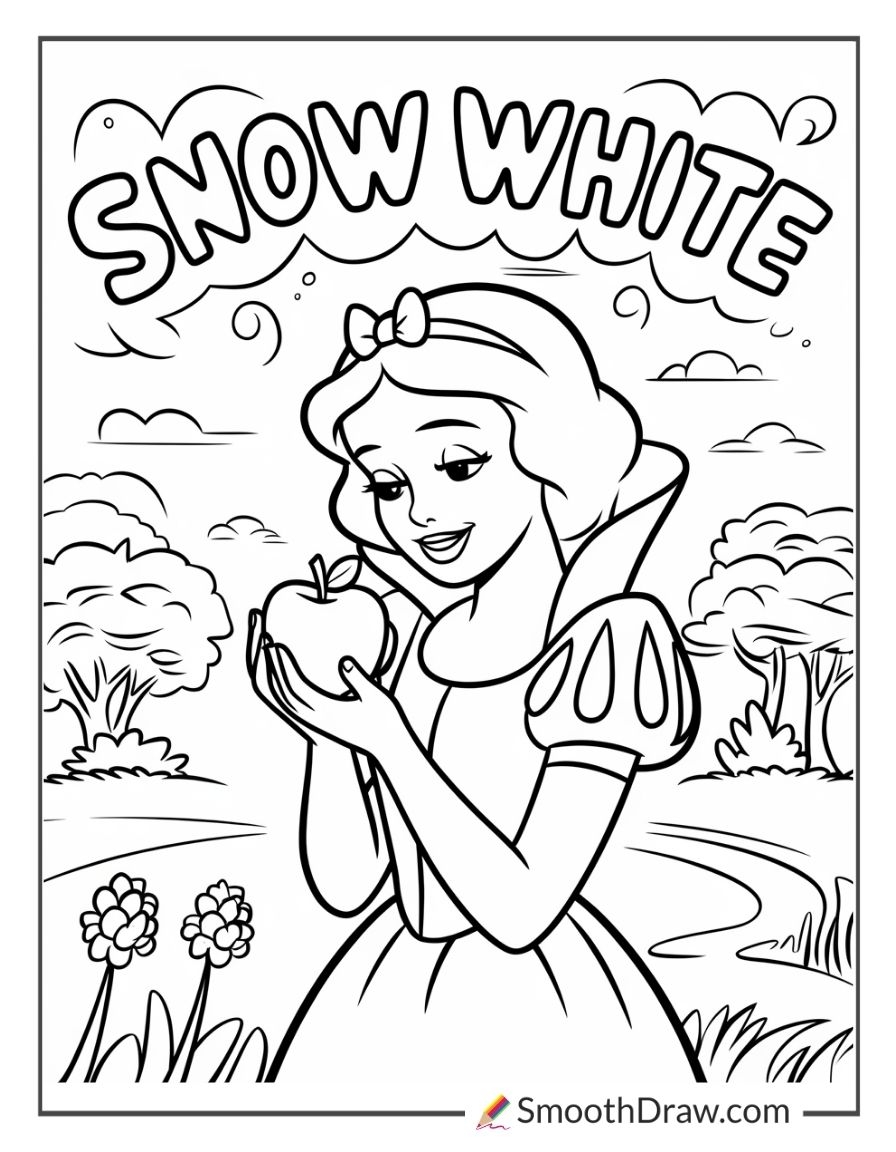
Whether you are a parent decorating a kids room, pictures of princess coloring pages has a poster for every vibe.
Thanks to clear printable formats, it is easy to keep decor updated any day of the week.
25 Disney Princess Coloring Pages Free Downloads Smooth Draw
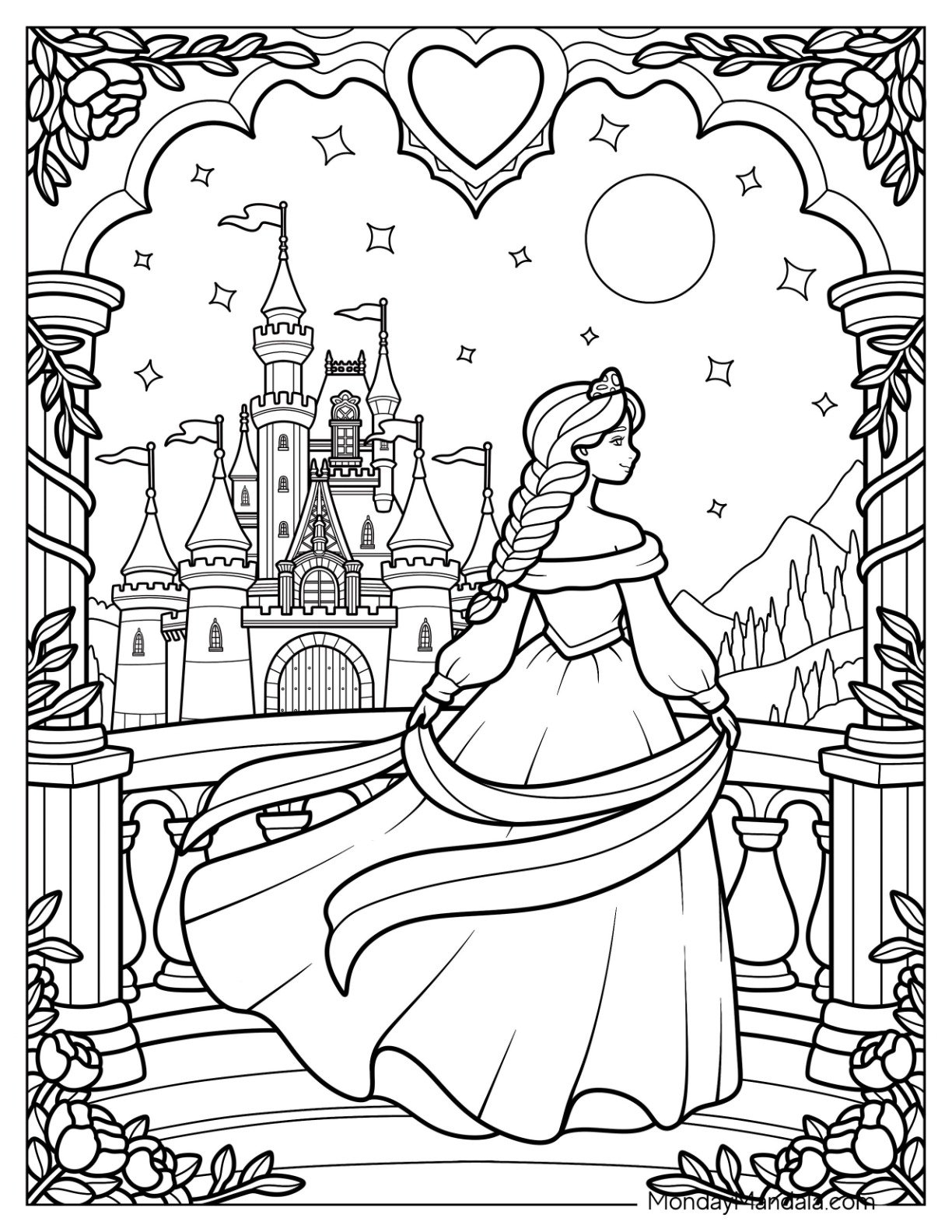
500 Princess Coloring Pages Free PDF Printables
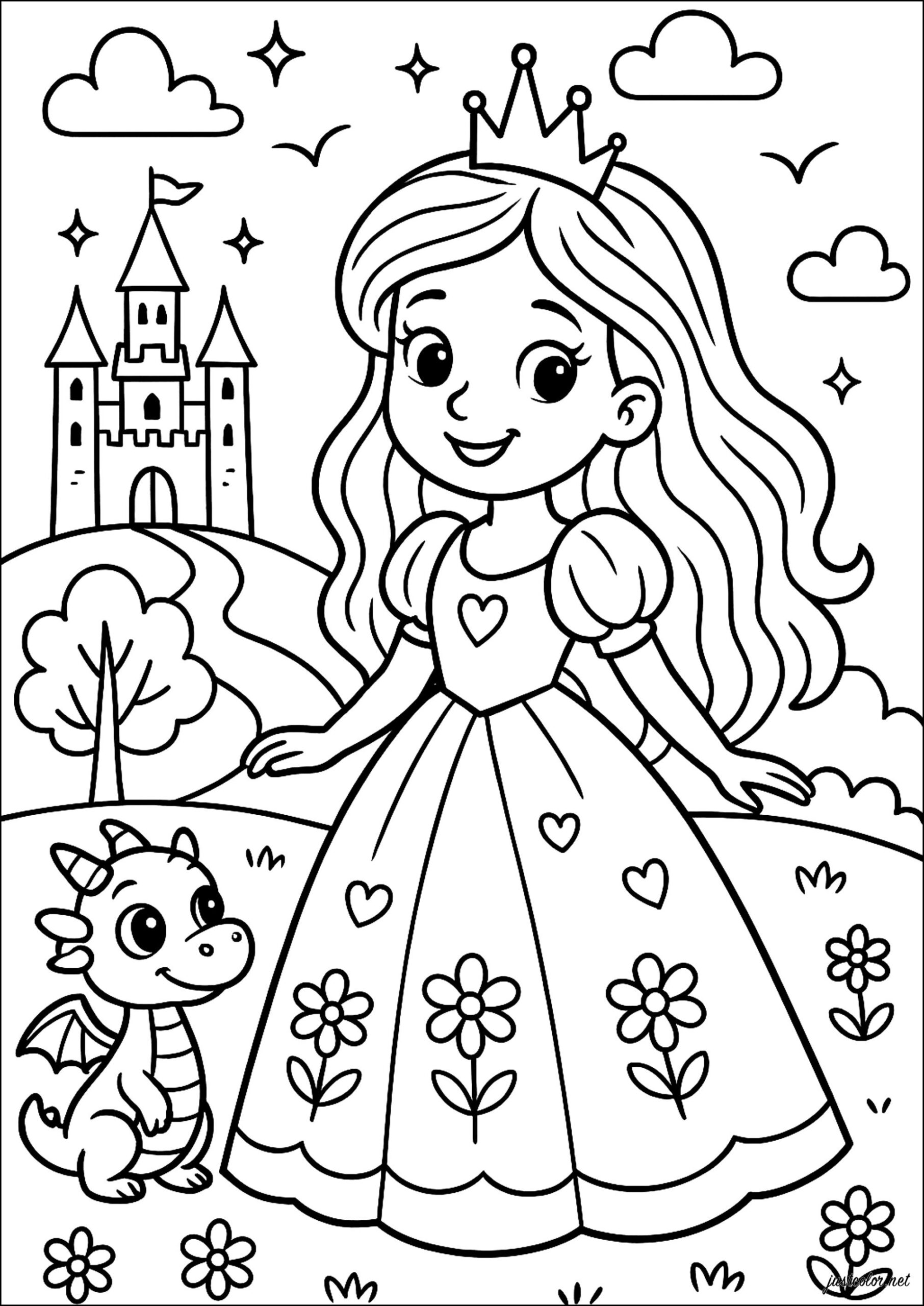
A Princess And Her Happy Dragon Princess Coloring Pages
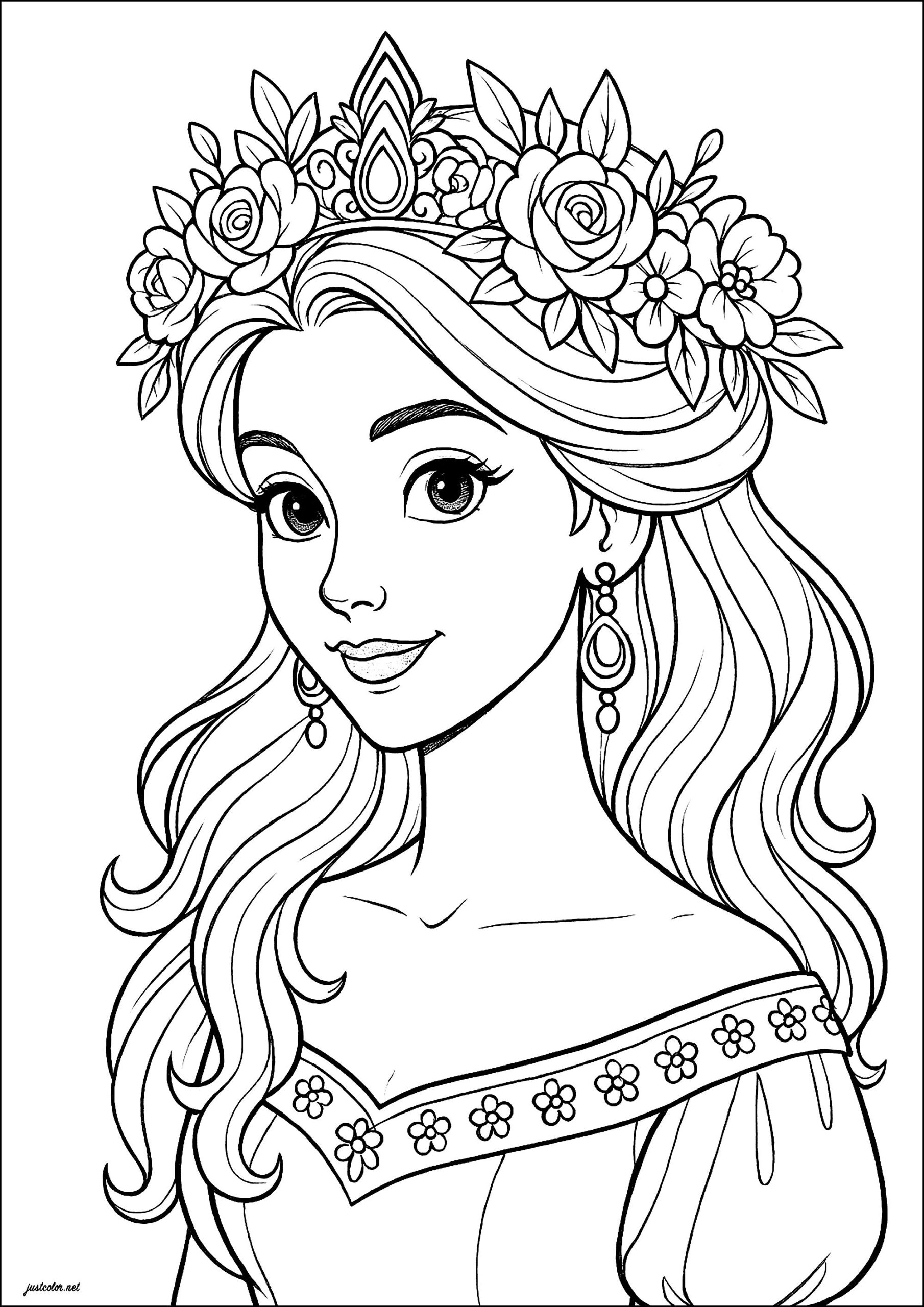
Pretty Princess With Flower Crown Princess Coloring Pages
Don’t miss out on decor ideas from pictures of princess coloring pages and discover educational visuals.
Be it for kid-friendly art, pictures of princess coloring pages is your go-to resource. The posters are ready to print




